CoL Centre Newsletter – July 2020
Find out about the latest CoL Centre news plus upcoming events, seminars, courses, networking and project calls
In this newsletter we have focused on what our trainees have been doing over the past few months during the lockdown. We would also like to congratulate Dr Vinaya Srirangam Nadhamuni who won QMUL’s 3 minute thesis competition in June and will now go on to represent the University at the national semi finals. You can view her winning video here.
With the restrictions easing we hope that you are all able to get back to the bench soon and that we will be able to start running our events again!
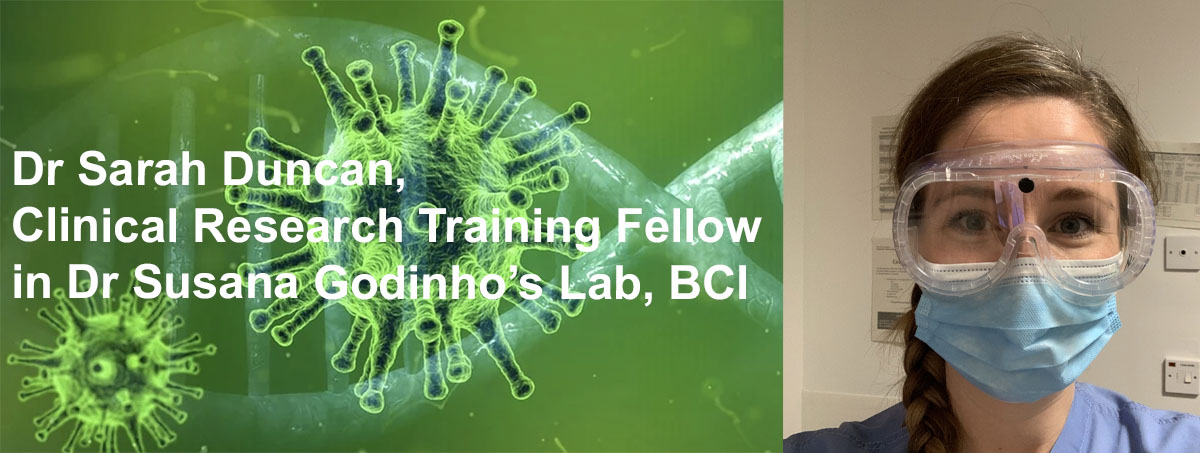
Sarah Duncan, working on the Oncology ward at Barts Hospital
I’ve been back working in the NHS to help support the COVID 19 response. I am based in oncology. Initially, I was working on the on-call rota so our junior doctors could be released to work in the ITU (intensive therapy unit). I am now seeing patients in our cancer assessment unit to try and reduce the number of oncology patients attending A&E.
Alessandra Ferrelli, PhD student, working on her balcony
I am in my first year of my PhD, which focuses on the study of mesenchymal stromal cells in myeloproliferative neoplasms, a type of blood cancer. When the lockdown started, I was worried to lose precious time for my first experiments in the lab. Fortunately, with the guidance of my supervisors and colleagues, I found many things that I could do working from home.
At the moment, I am writing a scientific review, which is helping me to build a deeper understanding of the disease that I am working on. I am following scientific webinars to improve my knowledge in the field, and I am also using this time to do a course in R programming. At the beginning of the lockdown, I did not realise how many things I can do while working from my balcony, enjoying the unexpected London sunshine!
During this weird and sometimes challenging period, I found myself trying different activities not to get bored. I discovered how beautiful it is to spend some time in taking care of my body. Now I eat healthier and I also join online yoga classes and different workout sessions almost daily.
I cannot wait to go back to the lab, start my experiments and see my colleagues again but, surprisingly, this lockdown taught me that the scientist life is not only doing experiments physically. It is essential to study deeply the area of your project, to find original and new questions, to do the appropriate training, and also to plan carefully which experiments you need to do to answer a scientific question.
I will probably start my experiments again in July, and I hope to bring some new energy, preparation and motivation to my PhD!
Jiexin Zheng, working on the Haematology-Oncology ward at UCLH.
As a clinical haematologist, it was clear that academic medics will be needed to help with the Covid-19 effort but there was a lot of uncertainty and anxiety at the beginning of lockdown in terms of where we will be re-deployed. Which hospital has the greatest need? Will it be somewhere I have never worked at before? Will I be working in a specialty I haven’t worked at before? However I felt much more grounded and useful once I started work on the UCLH haematology-oncology Covid-19 ward. This was set up to provide a specialist service for haematology-oncology patients who also have Covid-19; its aim was to provide a separate service from the routine non-Covid-19 service and to protect our cohort of immunocompromised and vulnerable patients. Pleasingly, this has been successful as there has not been any hospital acquired Covid-19 transmission in haematology-oncology since the start of the service. We have had to get to grips rapidly with a new disease – learning the tempo of the disease, its complications and getting up to speed with novel treatments; but I have been privileged to be able to do this in a group of patients that I understand well, and was able to put my specialist knowledge to good use.
As the numbers of Covid-19 infections have dwindled and testing has improved, the need for a separate Covid-19 service has also gone. I have been re-re-deployed to the Oxford Phase II/III Covid-19 vaccine trials which have opened a site at UCLH. It has been very exciting to be involved in the vaccine trial at this stage and the numbers of UCLH clinical staff who have volunteered for the trial has been heart-warming.
The PhD has definitely been on the back-burner- despite attempts to join lab meetings on my days off- I’m very much looking forward to getting back to the lab in July!
Eva Bugallo Blanco, volunteering in a COVID-19 lab
I am a first year PhD student at King’s College London. My research aims to develop an absolute quantification method for CAR T-cell immunotherapy using nuclear imaging, a non-invasive imaging technique which can be done repetitively and that provides vital information to better determine the dosage required for a significantly relevant response and the reasons behind treatment failure or success.
My first two weeks working from home were somewhat strangely challenging –– all of a sudden, I found myself glued to my computer and strongly missing my everyday routines at my lab bench. I was not wasting my time, though –– on the contrary, I took advantage of this unexpected time off to focus even more thoroughly on data analysis, literature review, writing my 9-month PhD report and designing the experiments to perform once normal activity resumes. Even so, I couldn´t help but feel a little uneasy. I was eager to find a way to contribute my research skills to the fight against this dreadful pandemic.
Since April I have been volunteering at King’s College London in a research project named COVID-IP . This project focuses on immunophenotyping blood samples from patients that have been or are infected with Covid-19 with a view to gaining a better understanding of the patients’ immune response to the infection and its relationship with the symptoms presented.
If you would like to find out more please visit https://www.immunophenotype.org/
Vinaya Srirangan Nadhamuni, working from home
During the lockdown, I have been mainly trying to get to grips with computational analysis, spending more time with the QMUL HPC cluster than ever before! Being a histopathology trainee, I have also been asked to cover staff shortages at the Royal London on an as-needed basis.The last few weeks have been a strange experience! Two weeks into the lockdown, I gave my first lab presentation via Zoom, something I was certainly not expecting. I have used the time spent working from home to complete a distance-learning PGCert. on clinical bioinformatics that I had started a few months ago and submit an entry to the QMUL three-minute thesis competition ( you can view the video here). Currently, I am hoping to finish my nine-month report, continue with computational work and plan experiments for when I return to the lab. With the extra time on hand, I have started growing my own dahlias and hope to improve my skills playing the Veena (a South Indian string instrument).
CoL Centre Student Recruitment
The 2020 intake of CoL Centre trainees has now been completed and we have added 3 clinical fellows, 10 PhD students (7 of which are RadNet students) and 3 MBPhD student to our programme so far. We look forward to welcoming them at their induction on the 1st of October.
Next week we will be launching advertising to recruit an AstraZeneca clinical PhD fellow; applications will close on the 14th of August 2020. Please check the website training pages for more details on how to apply.
Funding Calls
2021 PhD and CRTF recruitment
The project proposal call for 2021 PhD studentships, clinical fellowships and MBPhD studentships from CoL Centre faculty is now open. Projects should be based at one of the Centre partners (UCL, King’s, Barts or the Crick), fall under the CoL Centre or RadNet research themes and include multi-disciplinary training and some exposure to physical sciences.
If you would like more information or an application form please email
Annabelle Scott: annabelle.scott@ucl.ac.uk
Application Deadline: Thursday 30th July 2020
External Conferences and Events
NCITA webinar, Optimizing Application of Imaging in Trials. Friday 31 July 2020, 14.00-16.00
This is the third and final NCITA webinar of this series and replaces the NCITA Annual Conference which was cancelled due to the COVID19 pandemic.
- Challenges and success of novel imaging in prostate cancer, Professor Shonit Punwani, UCL
- Getting the biostatistics right, Prof Sue Mallett, UCL,
- Clinical trials and the impact of imaging advances in prostate cancer, Professor Hashim Ahmed, Imperial College London
If you would like to attend please register here
Crick Cancer Research Symposium, 5-6 October – Registration now open
Location: The Francis Crick Institute and online
This two-day biennial symposium which alternates with the larger Crick Cancer Conference will include a keynote from Fiona Watt, FRS FMedSci, alongside a full programme of invited speaker talks and selected short talks.
Sessions will include: Cancer invasion and metastasis, Cancer and the immune system, Cancer heterogeneity and evolution, Gene and metabolic networks in cancer.
Please register here

What is your role and what does it involve?
I am a Lecturer in Radiobiology at King’s College London and also Academic Lead for Public Engagement (PE) on the CoL RADNET Radiation Research Unit.
As a lecturer, I teach students from undergraduate to Masters level, supervise PhD students, and perform research by getting funding to support students or postdocs. My research is in trying to understand how cells react to radiation and radioactivity and determining how best to use radionuclides to image and treat diseases like cancer, whilst minimising unwanted damage and side effects. Also, my group is creating a novel tool using radioactivity to image immune cells like macrophages to then determine how they respond to radiotherapy.
As Academic Lead for PE, my role is to initiate conversations and discussions with people of the general public or patients around the topic of radiation, which in turn will influence how and on what we perform our scientific research.What achievement are you most proud of?
Professionally, I would say seeing my students do so well. However, personally, I would have to admit it is the fact that since starting my lectureship in 2015, I have had 2 kids and still managed to get grants, papers, and grow my group to the great team we are today. Every day I try hard to create a work/life balance that suits me so I can not only keep up the work momentum but also enjoy the more traditional things in life. By doing this, I still enjoy work and will hopefully still enjoy it for many years or decades to come. I also encourage my group to follow my lead in this. Let’s face it; science is a marathon, not a sprint.What would it surprise people to know about you?
I grew up in an army household – my mum was even amongst the first women in the Dutch army. As such though, I moved countries and houses a lot when I was little. The house I currently live in is the one I have stayed in the longest at any one time (now 5 years already).What is your favourite movie / music album?
My favourite music is the soundtrack to Les Miserables. I have not read the book, but have seen the film and musical and the music is just very powerful and beautiful.What do you like to do when you are not working?
With 2 kids under 5, I spend a lot of my time playing on the floor, reading books, or making dens. When I do get some me-time, I like to go for a run (currently on week 4 of “Couch to 5k”) and potter in the garden where we are growing lots of vegetables and fruit. I also have the odd night out, although this is clearly not happening during this lockdown period.Do you have favourite joke?
I am awful at jokes, but I do remember something my dad wrote for me when I was little;
“Roses are red
Violets are blue
I can’t write poems
So this doesn’t rhyme”

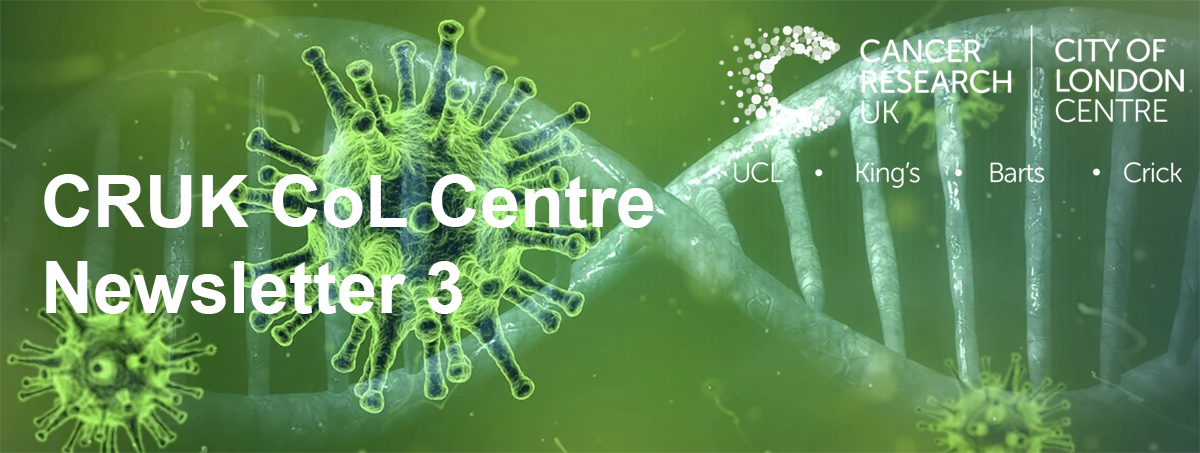
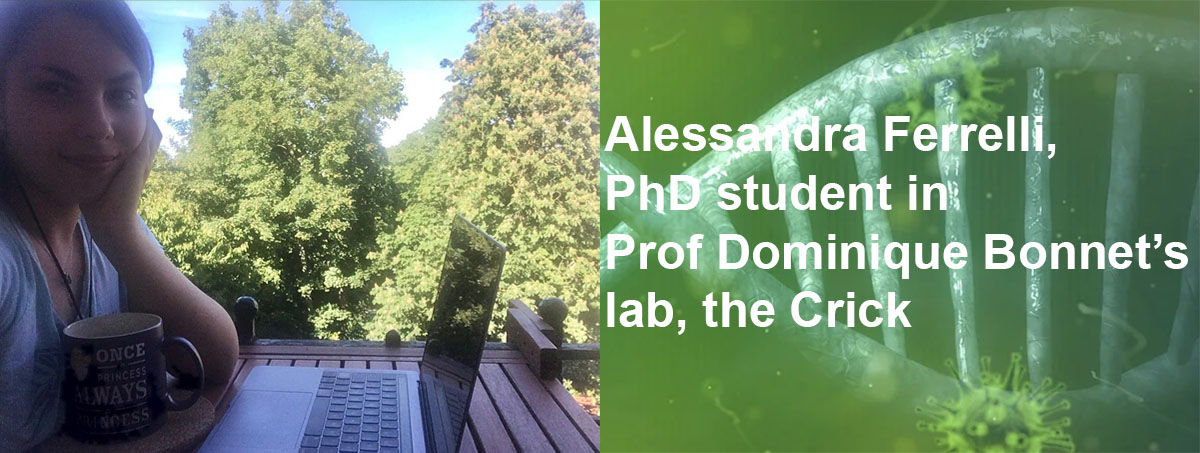
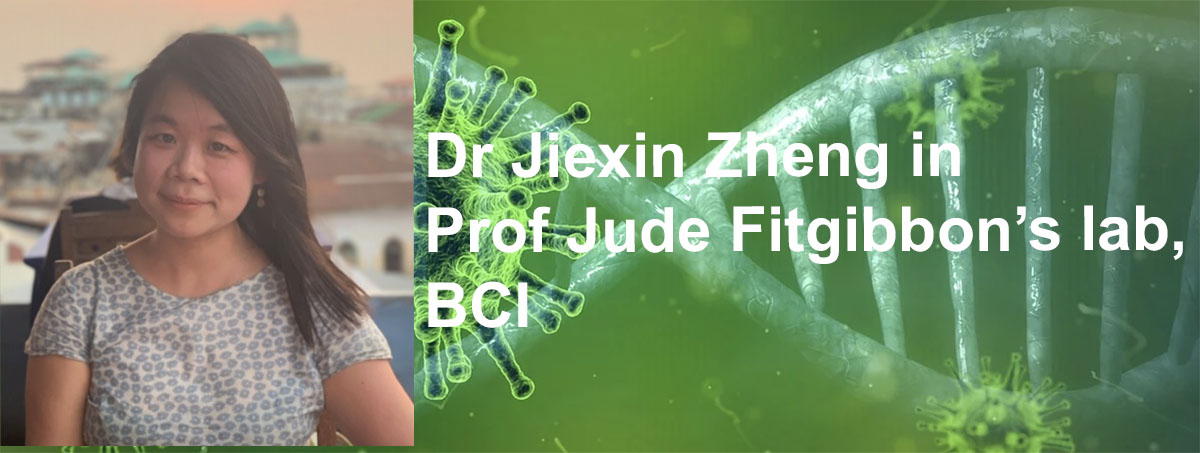
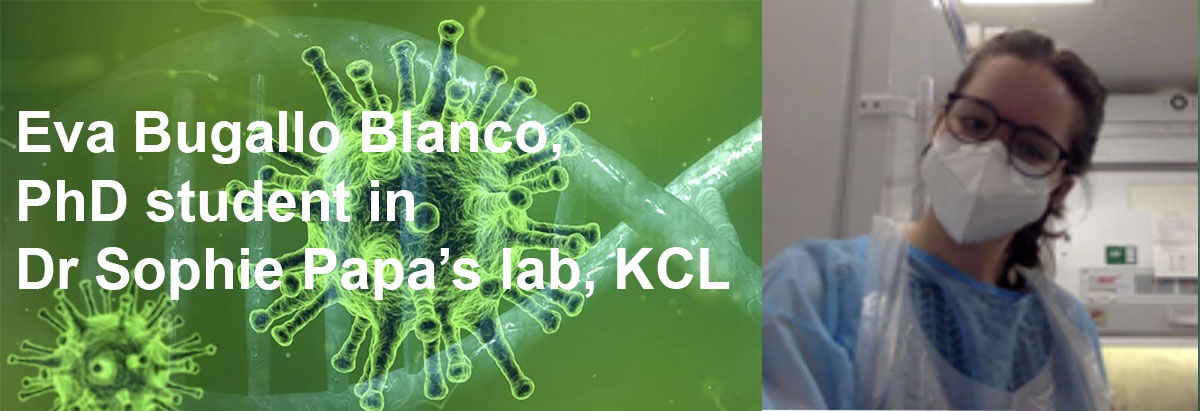
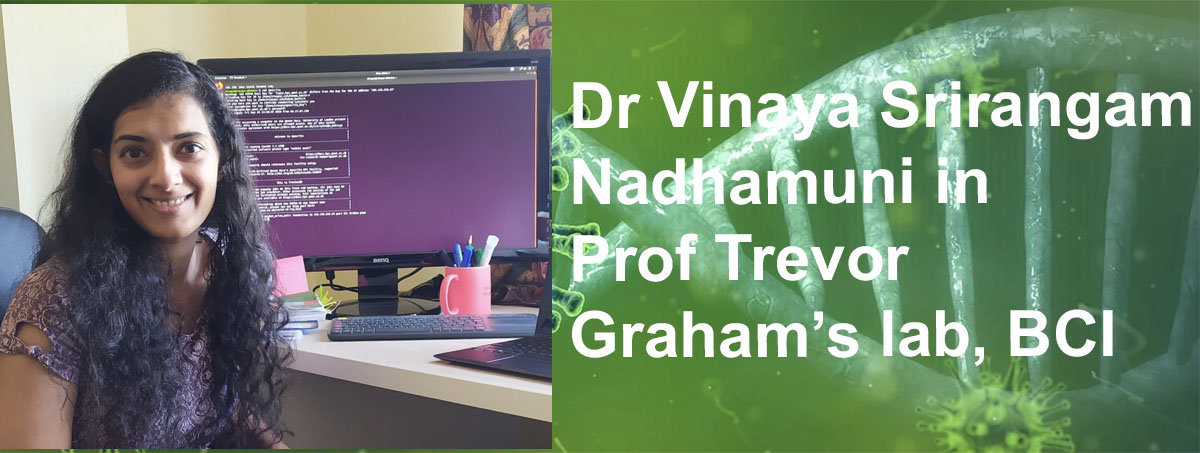
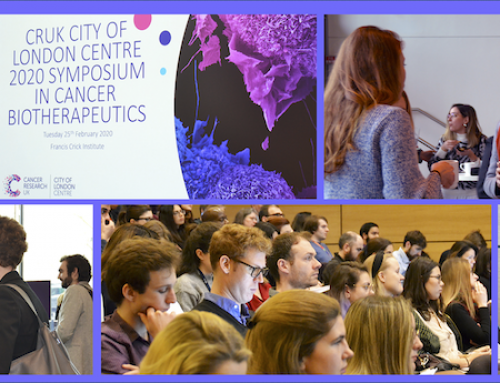
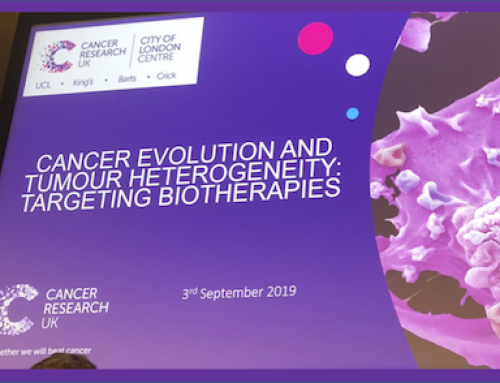
Leave A Comment
You must be logged in to post a comment.